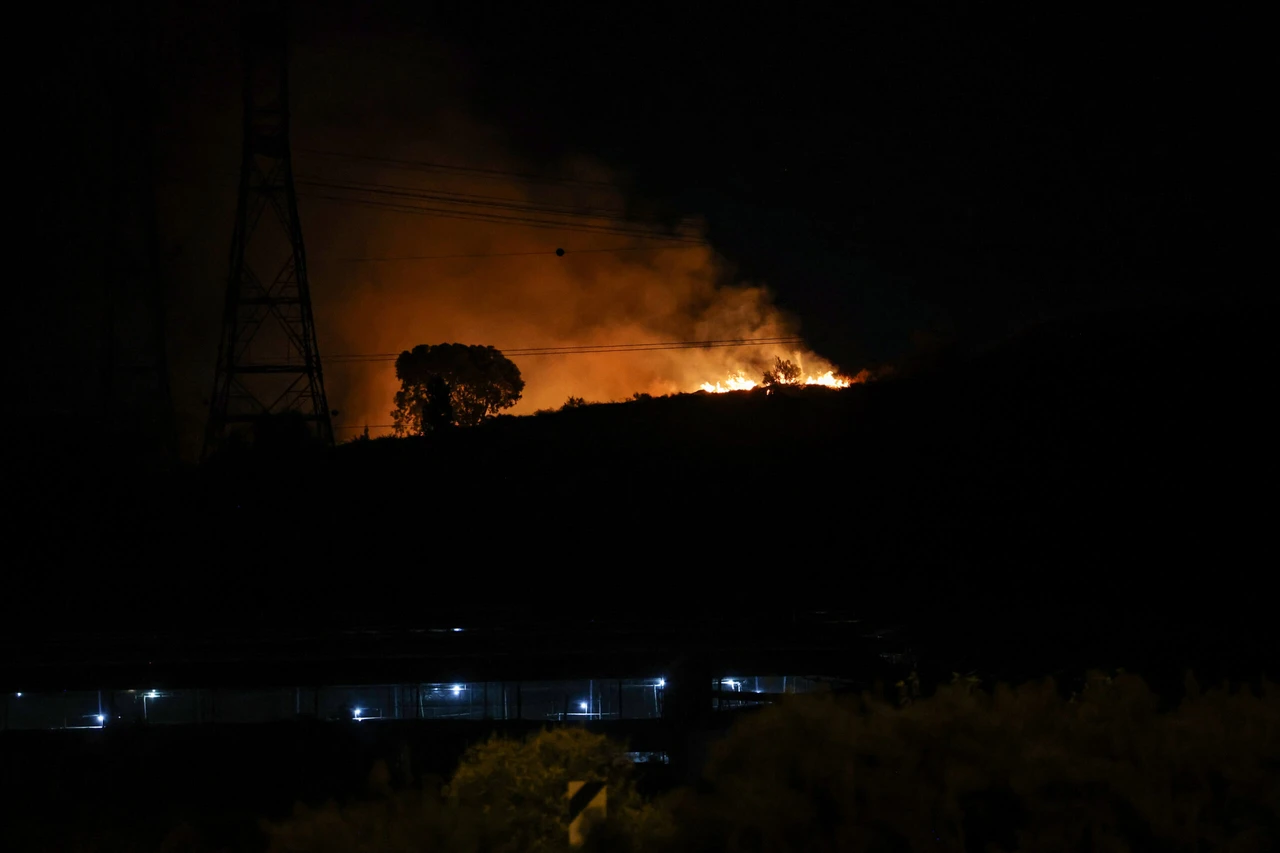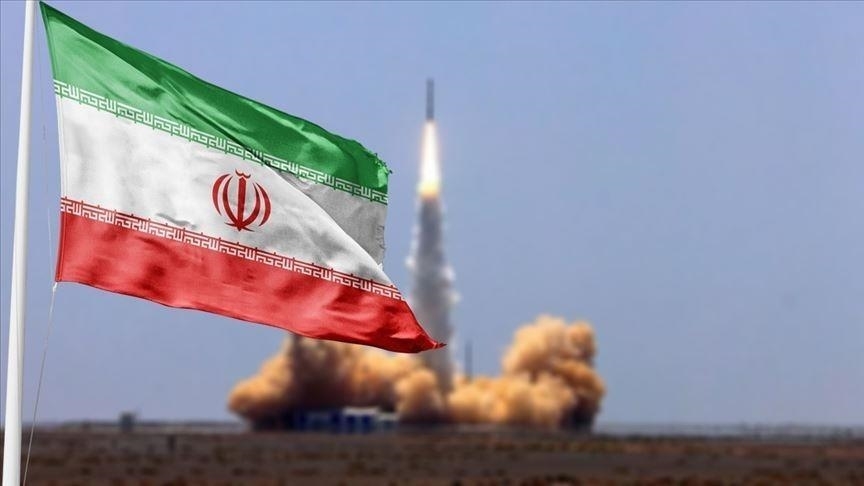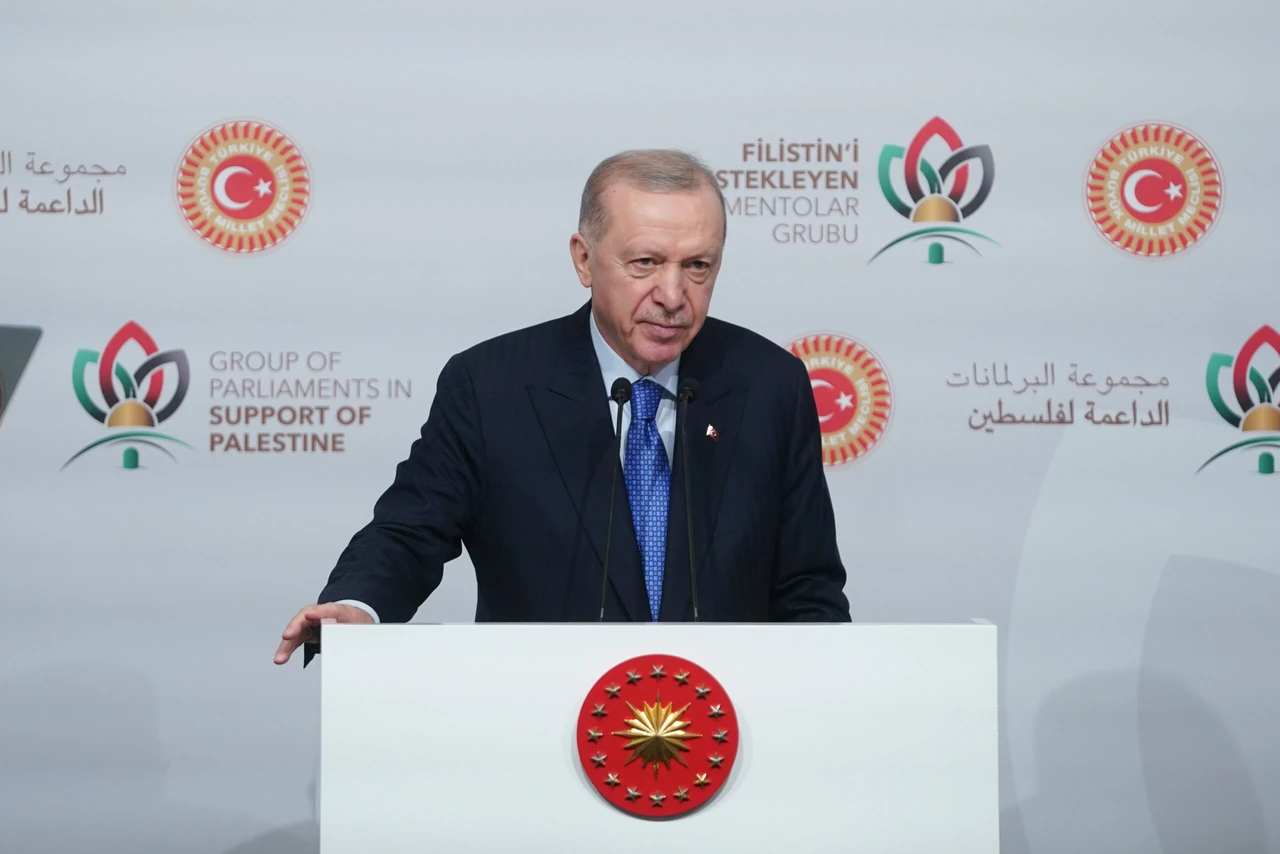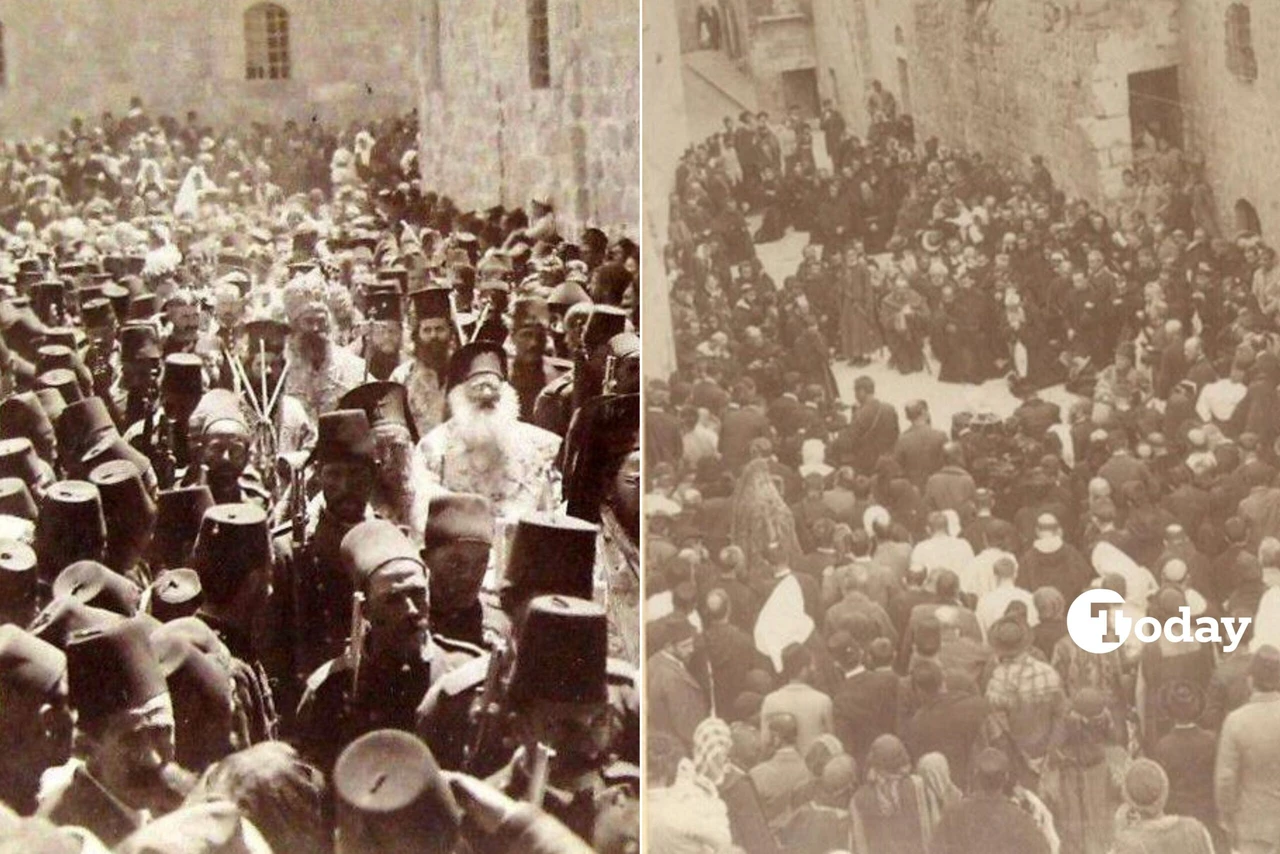Iran’s $53M retaliation against Israel after Nasrallah assassination
 Fire erupts between Ben Gurion International Airport near Tel Aviv and the city of Modiin following an Iranian missile attack, on October 1, 2024. (AFP Photo)
Fire erupts between Ben Gurion International Airport near Tel Aviv and the city of Modiin following an Iranian missile attack, on October 1, 2024. (AFP Photo)
Iran launched one of the largest retaliatory attacks in the region’s history following the assassination of Hezbollah leader Hassan Nasrallah, allegedly carried out by Israeli forces. On Oct. 1, a missile strike on Israeli territory reportedly caused an estimated $53 million (200 million shekels) in damage.
As Israel continued its military operations in Gaza, which began on Oct. 7, along with airstrikes in Lebanon, Iran responded with significant force. According to the Israeli newspaper Yedioth Ahronot, citing data from the Israeli Tax Authority, Iran’s missile strike resulted in the most significant damage seen since the start of the latest conflict.
Targeting of leaders
Israel has consistently targeted leaders and high-ranking officials from groups like Hezbollah and Hamas. The assassination of Hezbollah leader Hassan Nasrallah was the most recent of these operations, prompting Iran’s large-scale retaliation.
Iran’s response
Iran’s missile strikes on Oct. 1 followed Nasrallah’s assassination and were seen as a direct response to Israel’s military actions. The strikes caused widespread damage, particularly near a coastal resort north of Tel Aviv, where a missile caused about 50 million shekels in destruction. Earlier reports also mentioned damage at the Nevatim Air Base, where satellite images showed a large hole in a hangar roof and structural damage to nearby buildings.


Details of missile strikes
Iran’s Islamic Revolutionary Guard Corps confirmed the missile strikes, describing them as retaliation for Israeli attacks, including the killings of Hamas leader Ismail Haniyeh, Hezbollah leader Nasrallah and Iranian Brigadier General Abbas Nilforushan. Iran reportedly launched around 200 missiles, including the debut use of its hypersonic Fattah-1 missiles. The attack triggered air raid sirens across Israel, including in Tel Aviv.
Israeli Prime Minister Benjamin Netanyahu responded to the attack with a stern warning, stating that Iran had “made a grave mistake” and would face severe consequences for the missile strike.
This assault marks a significant escalation in the ongoing conflict between Iran and Israel, as tensions between the two nations continue to rise.



